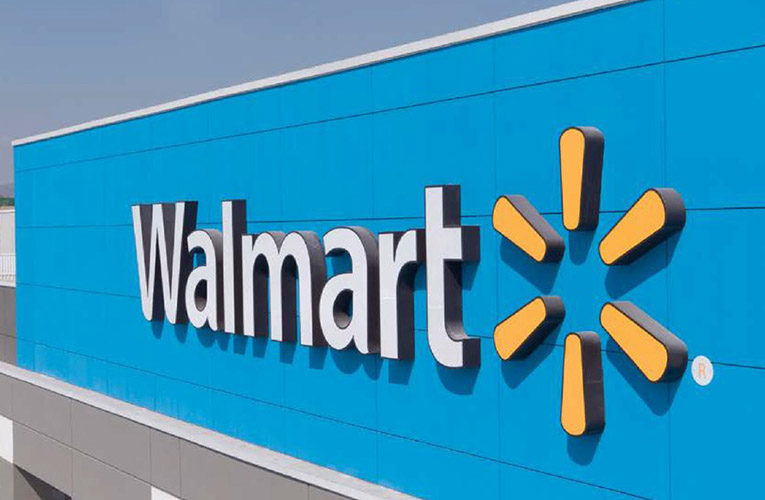Walmart Inc., the retail giant, has made its debut to the green bond market with a $2 billion offering this Wednesday. The sale is the biggest ever for a U.S. company, according to a Bloomberg report.
The company’s sustainable debt issuance as it is trying to push its climate-related efforts, such a reducing carbon dioxide emissions; also, boosting recycling, and cleaning up its supply chain. The deal is substantially big, and in fact, surpasses the second biggest issuance made by Next Era Energy Capital for $1,5 billion in June.
Walmart’s 10-year, $2 billion issuance is also part of a bigger sale of five tranches for a total of $7 billion to help the company fund a tender offer, as well as further environmental efforts. In the green issuance, there are solar and wind energy projects. Also, energy-efficient refrigeration, electric vehicles, and waste reduction.
This milestone will help the company with its ambitious targets of achieving net-zero emissions by 2040. It also aims to cut 1 billion metric tons of CO2 emissions from its supply chain by 2030.
Moreover, the green bond strategy is also a growing trend among big companies; Amazon sold debut bonds for environmental, social and governance projects in May; while Alibaba Group Holding Ltd., raised its first sustainable debt in February.
Also recommended for you: Natural Gas Coalition sends letter to Congress opposing new methane tax. Click here to read.
Walmart getting serious with green bonds; risk of greenwhashing
Specifically for Walmart’s bond, it yields 50 basis points more than similar-maturity Treasuries, according to a person familiar with the matter. It also has big names supporting it. Bank of America is the green structuring agent, and has Morgan Stanley, CL King & Associates; Samuel A. Ramirez & Co. Inc., Siebert Williams Shank & Co. LLC, and AmeriVet Securities Inc., as managers.
Furthermore, during 2021, new issuance of green, social, sustainability, and sustainability-linked bonds from corporations and governments worldwide has reached a record $691 billion, according to Bloomberg.
In addition, about the relevance of the sale, James Rich, a senior portfolio manager at Aegon Asset Management, said. “Walmart certainly seems like it is getting serious about taking a sustainability leadership role within the retail space. I don’t know how other retailers will be able to avoid making similar commitments and changes.”
Finally, as for the risks of this strategy, Carmen Nuzzo, head of fixed income at Principles for Responsible Investment, said. “Companies that issue these bonds should explain what role the bonds play in their overall medium-term to long-term strategy. Greenwashing is not just a risk, it’s happening, and there are a lot of instruments out there that are not genuine. Investors need to do their homework.”


